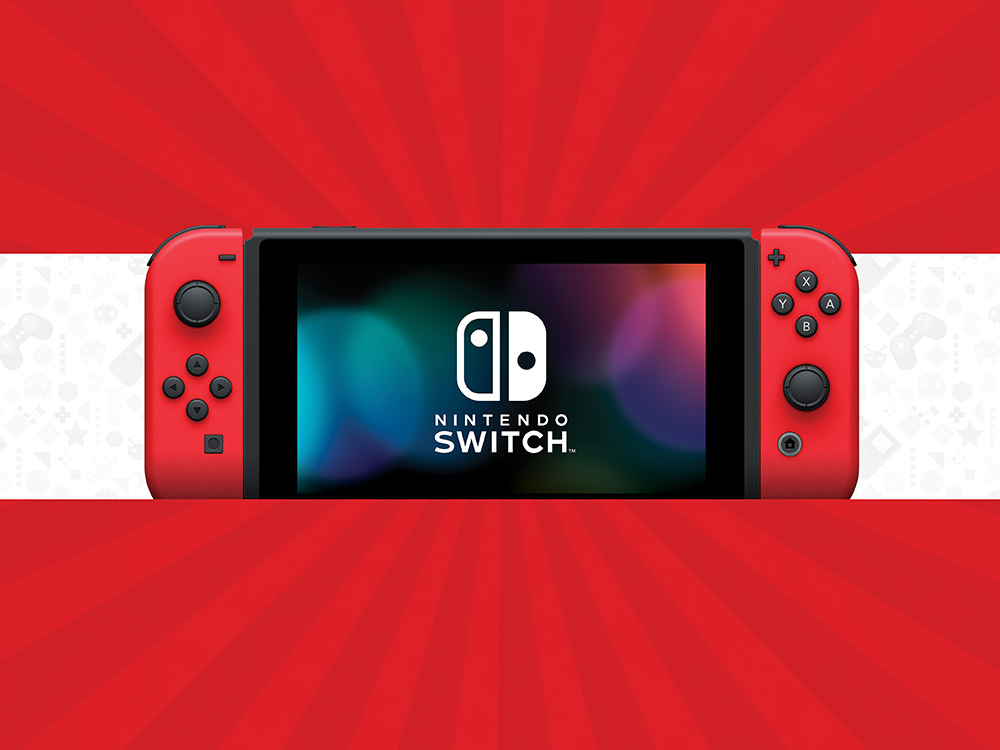Deconstruct Nintendo’s newest gaming system and you’ll find iconic hallmarks of the company’s past innovations.
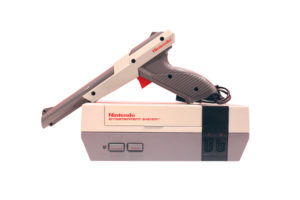 1985: Nintendo Entertainment System
1985: Nintendo Entertainment System
The NES console took at-home gaming to new heights when the system introduced two controllers so that players could battle side by side, an early predecessor of the Switch’s Joy-Con controllers. The NES introduced gamers to the world of Super Mario Bros. and Zelda games and is one of the most iconic gaming consoles of all time.
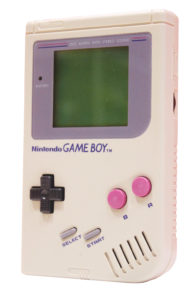 1989: Game Boy
1989: Game Boy
Whether it was the iconic classic version, the neon-colored version, or the larger, horizontal Advance, the Game Boy was the first mainstream, portable, handheld gaming console. This portability is now a major feature that sets the Switch apart from other consoles on the market.
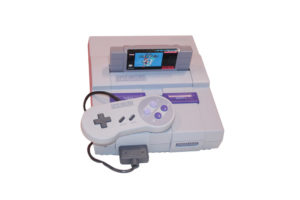 1991: Super Nintendo Entertainment System
1991: Super Nintendo Entertainment System
Not only was the SNES a more powerful machine (and the first time we saw the Super Mario World games), but it also added in X/Y and L/R buttons for more player actions. Though the Switch’s Joy-Con are smaller, they still pack all of these button options for player interactivity.
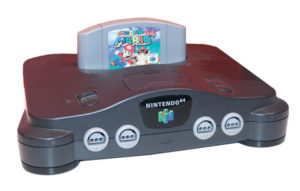 1996: Nintendo 64
1996: Nintendo 64
The Nintendo 64 added an analog control stick and a rumble pack to its controller to get players more immersed in the game. If you’re guessing that these analog sticks and rumble features stuck around long enough to make their way to the Switch’s Joy-Con controllers, you’d be right!
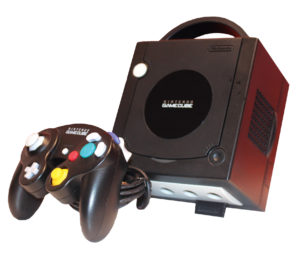 2001: GameCube
2001: GameCube
In addition to uniquely shaped controllers and mini disc capabilities, the GameCube also featured a handle for users to carry the chunky console, which was an attempt at reintroducing portable gaming. Although flawed in execution, this is the first glimmer of a home console you could take on the go, an idea that would turn into the Switch’s biggest selling point.
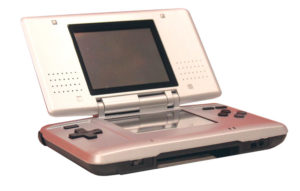 2004: Nintendo DS
2004: Nintendo DS
Double the screens, double the fun. The DS was a sleeker, handheld console with a dual-screen experience and stylus that integrated touchscreen technology, one of the major features of the Switch. This added tech allowed players to explore game worlds deeper than ever before with the DS — and with future iterations, including DS Lite, DSi, 2DS, 3DS, 3DS XL, and New 3DS XL.
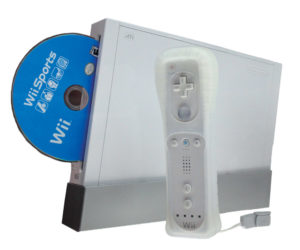 2006: Nintendo Wii
2006: Nintendo Wii
In an era when home consoles were overshadowed by portability, the Wii made at-home gaming en vogue again with its advanced technology and motion-sensored remote controllers. Sound familiar? They’re the inspiration for the motion-sensored features on the Switch’s removable Joy-Con.
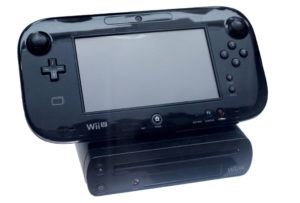 2012: Wii U
2012: Wii U
This first attempt at a sleeker version of the Wii’s technology included a gamepad that doubled as a second screen so players could transfer their game from the TV to the tablet screen. Although it is much more portable, the Switch gets a lot of its physical DNA from the Wii U — you can definitely tell they’re siblings.
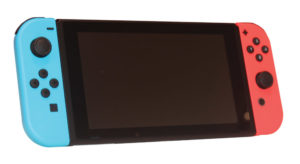 2017: Nintendo Switch
2017: Nintendo Switch
The Switch inherited integral elements from the ghosts of gaming systems past, resulting in the most advanced gaming system. The home console — which features five different Joy-Con controller configurations, including one that makes it a handheld gaming system to take on the go — brings the best of Nintendo’s history into one place.
This article was originally published in the Pop Insider’s Spring 2019 Issue No. 3, click here to read more!

